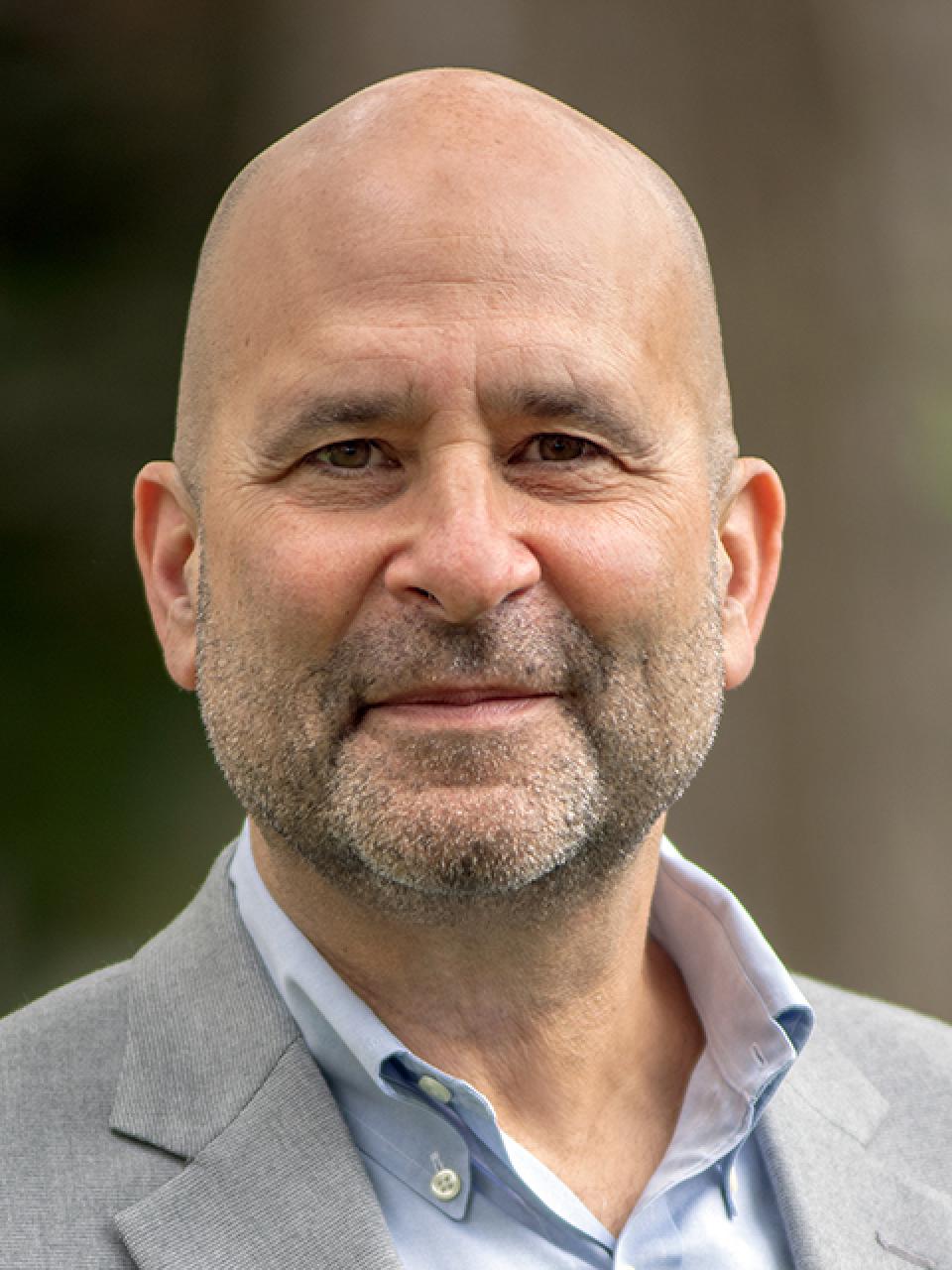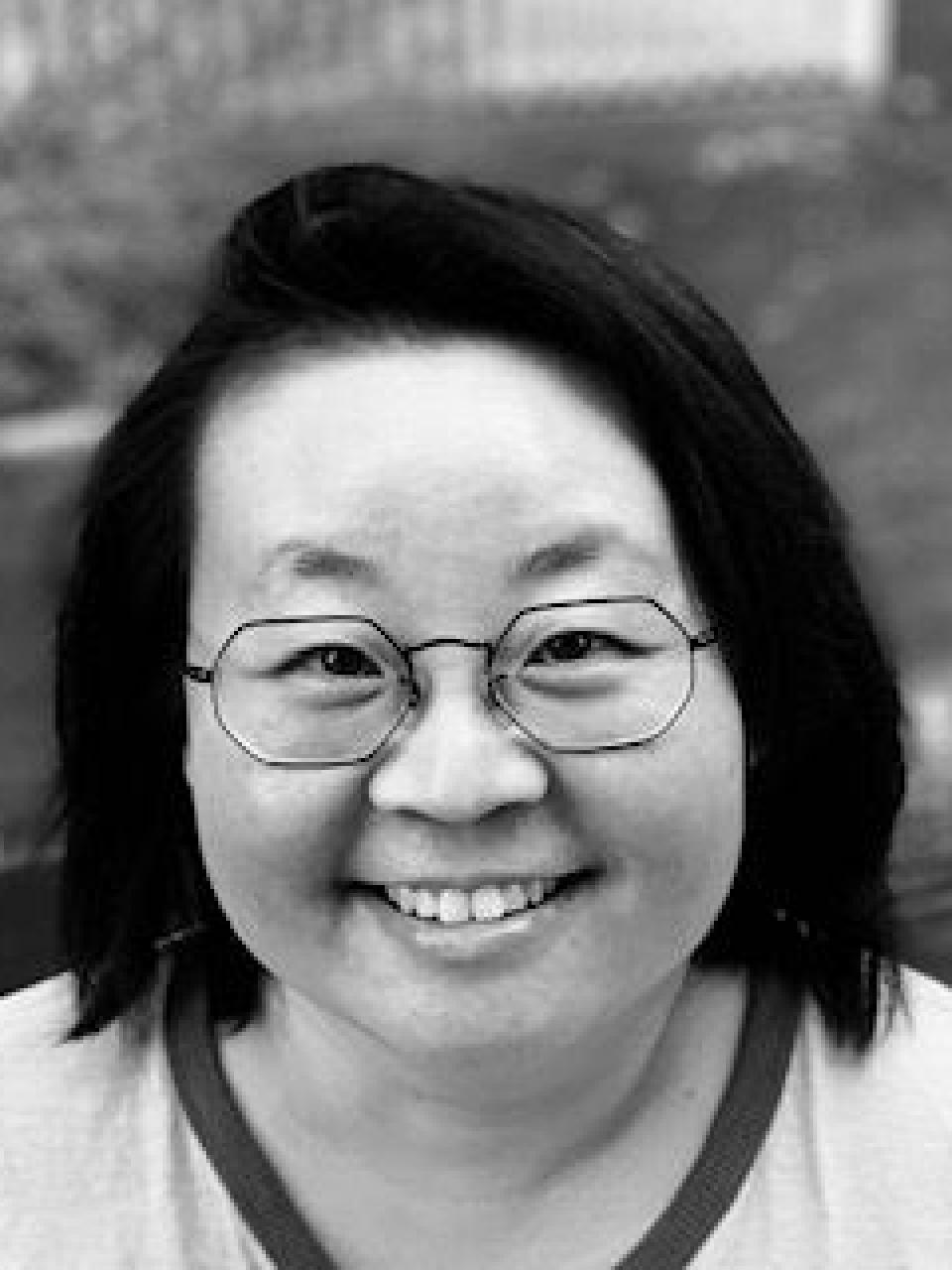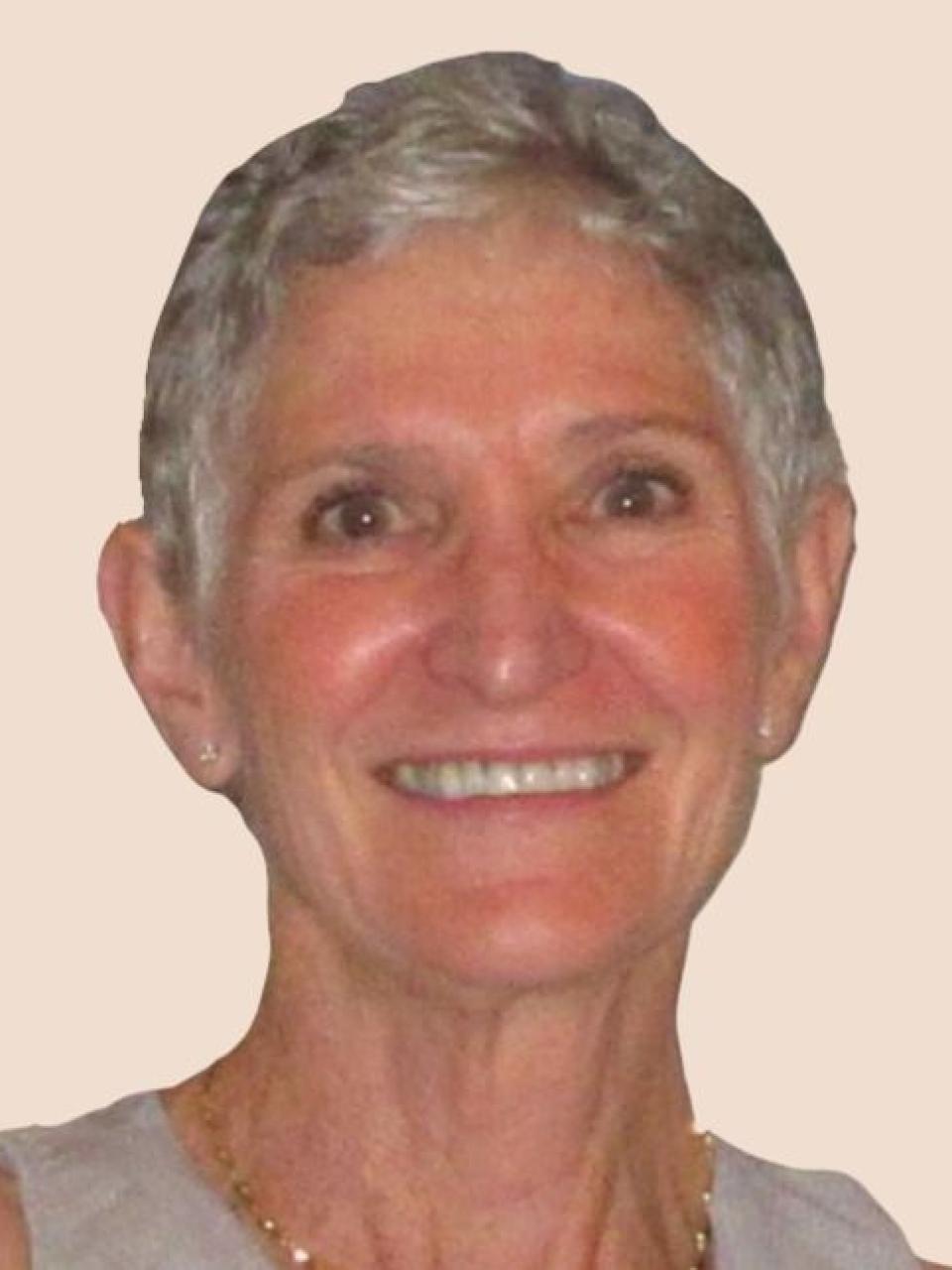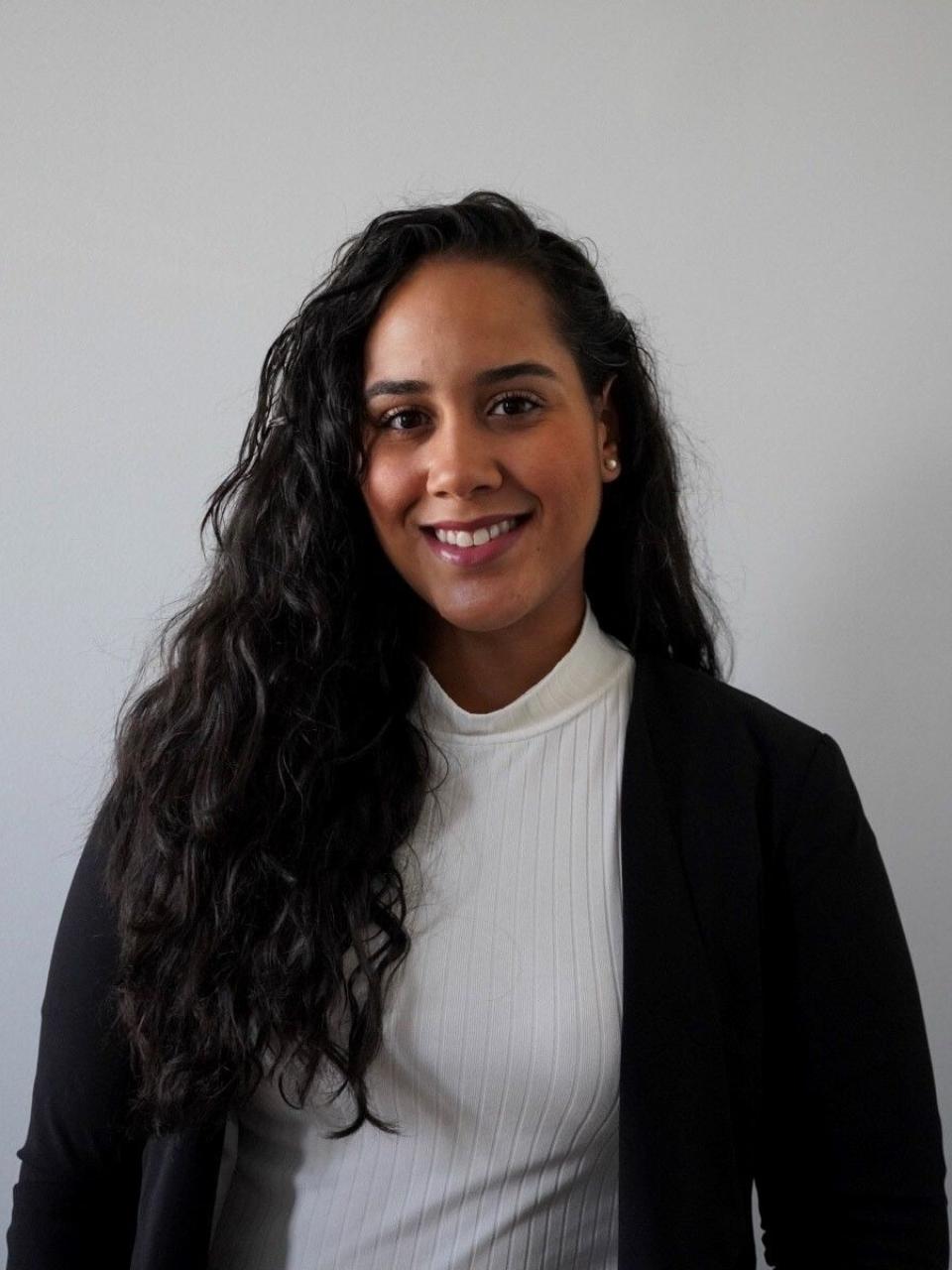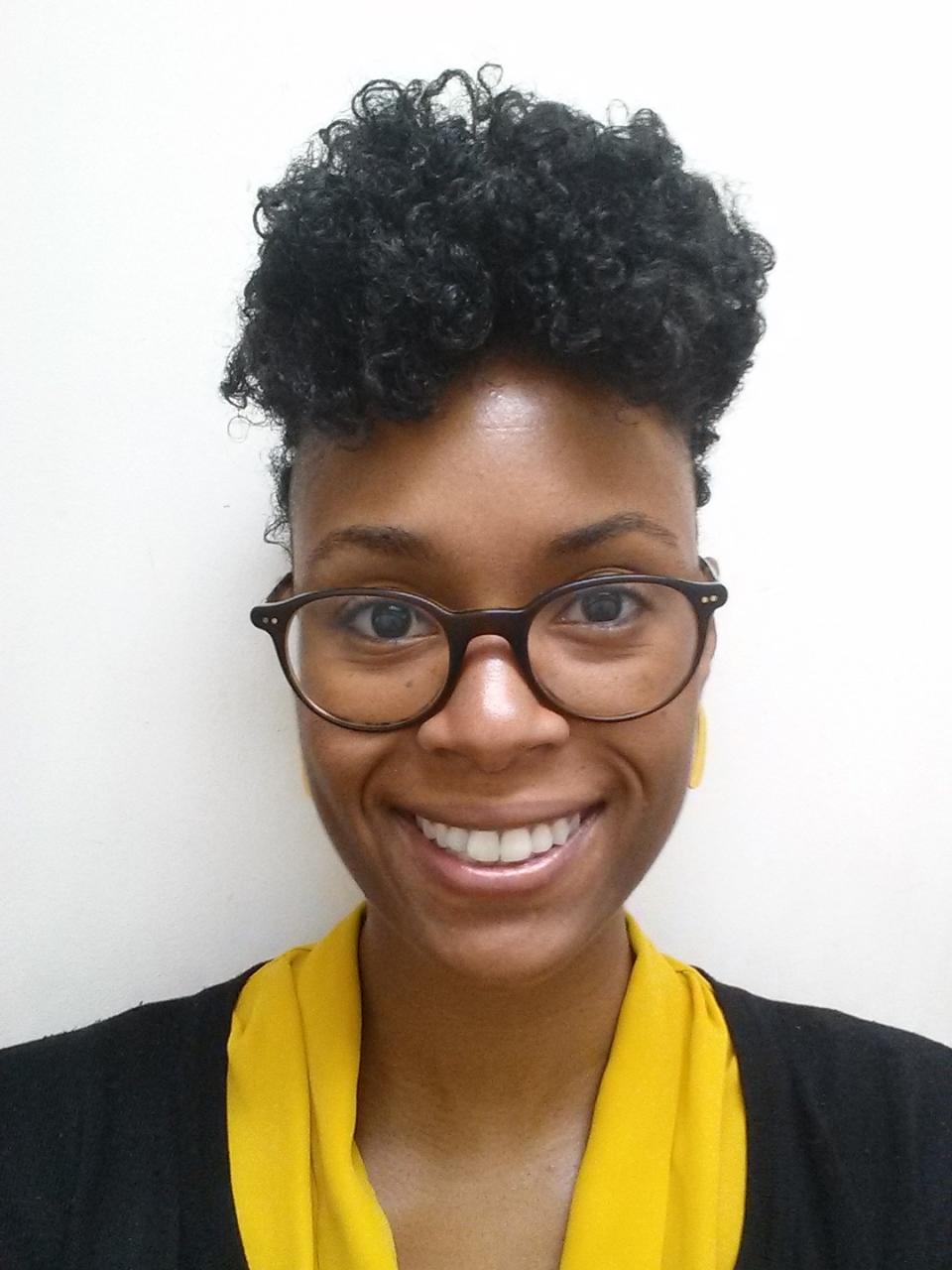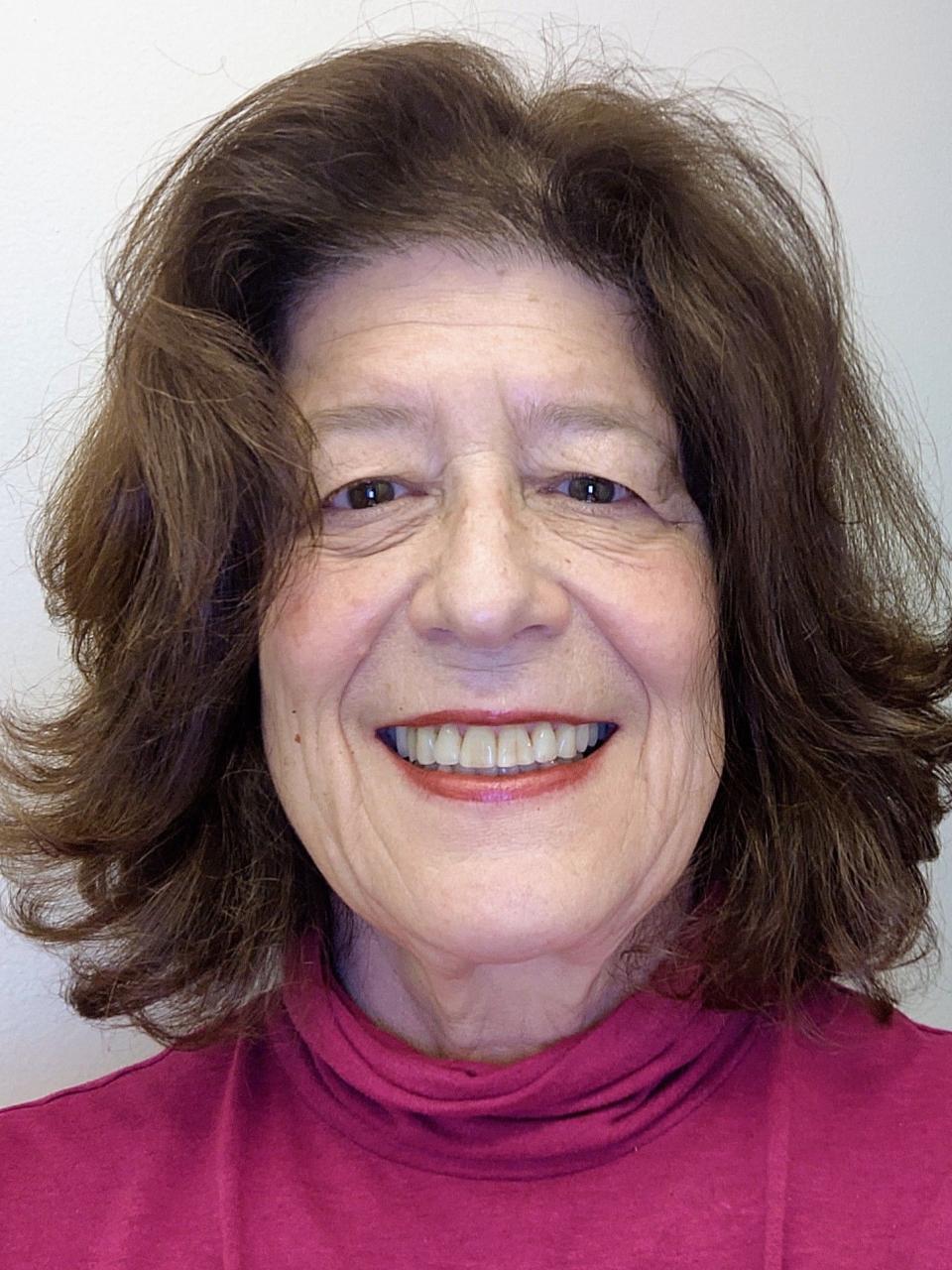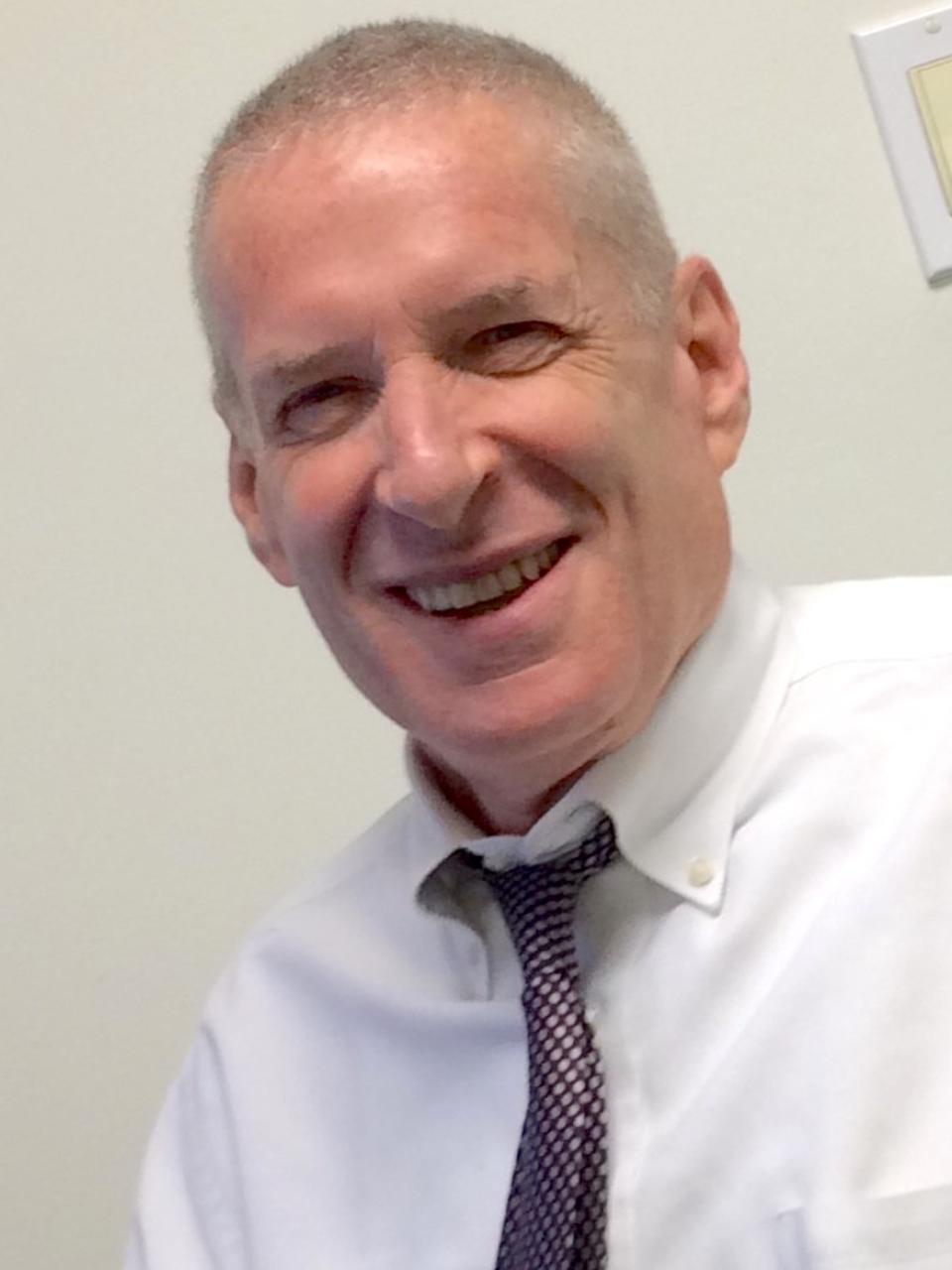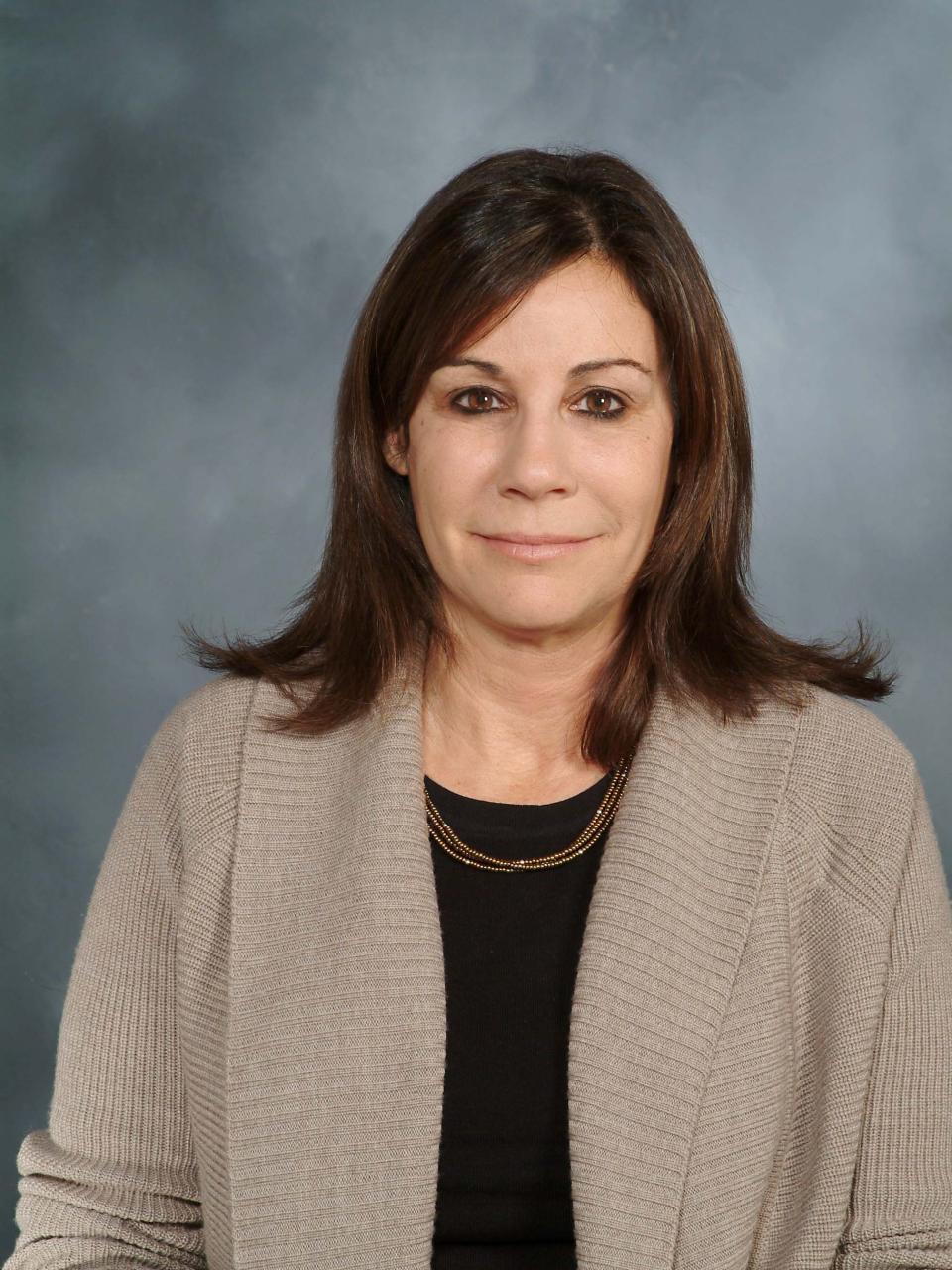For more information on enrolling in the IDA Practitioner Online Course, please complete this form.
The Cornell-Penn Interview for Decisional Abilities (IDA)
The Cornell-Penn Interview for Decisional Abilities (IDA) is an evidence-based, ethically sound, semi-structured interview tool developed for use by Adult Protective Services workers when gathering information about a client’s decision-making abilities.
The IDA tool is designed to accurately capture an individual’s general understanding and personal appreciation of risk as well as the ability to make reasoned decisions about service options. The IDA can also help navigate a vulnerable adult’s right to refuse protective services — the right to self-determination.
The IDA:
- Standardizes the assessment of decision-making ability. This means different APS workers are more likely to agree when assessing the same older person’s abilities.
- Helps APS workers understand a client’s thoughts and reasoning.
- Makes it easier for APS workers and supervisors to discuss clients.
- Enhances referrals for formal evaluations.
- Allows more efficient use of APS psychiatrists. Clients who retain decision-making abilities via the IDA assessment need not be referred, while clients who lack decision-making abilities get preferentially referred.
- Insulates against liability when a client is deemed to retain decision-making ability, and an untoward event subsequently occurs.
The Interview for Decisional Abilities Practitioner Course
To use the IDA in the field, learners will have to complete the entire Interview for Decisional Abilities Practitioner course and receive certification.
The online course will introduce APS workers to the IDA interview tool and provide many opportunities to practice through a series of scenario-based exercises.
Participation in this training program will enable workers to:
- A scale that produces a numerical score. Decision-making ability cannot be assessed through a “checklist” of questions like the Montreal Cognitive Assessment (also known as MoCA) or the Mini-Mental State Examination. As such, the IDA is a skill that is taught to the learner. That skill can serve as the basis for career advancement in aging.
- A legally recognized determination of capacity or a petition for guardianship. IDA helps APS workers determine who should be referred to a psychiatrist or other health care professional who typically provides definitive testimony for such proceeding, much like a “screening tool.”
- A replacement for an overall APS investigation/assessment. Other traditional components of an APS investigation (e.g., activities of daily living, cognition, mood, and social supports) cannot be replaced by the IDA. Rather, it is part of a comprehensive evaluation that is enhanced by its use.
- A tool to persuade clients to accept services. In addition to determining which clients lack decision-making ability, it is equally important to determine if clients retain decision-making ability. Such clients' wishes to refuse part or all aspects of a service plan need to be respected. IDA helps to make this determination as well.
The IDA vs. Other Cognitive Assessment Tools
The IDA differs from other cognitive assessment tools you may already use, like the MMSE or MoCA, because the IDA evaluates decision-making abilities, not cognition.
Cognition and capacity, though related, are not the same.
Many patients with highly impaired cognition (low MoCA/MMSE scores) retain the ability to make simple decisions. Conversely, many patients with perfect cognition and a high MoCA/MMSE do not have decision-making ability (e.g., a schizophrenic patient who is acutely hallucinating and delusional).
Different decisions, depending on their level of complexity, require different levels of decision-making ability. The same patient may have the ability to make a simple decision (like choice of a health care proxy) but not a more complex one (like handling finances). The IDA is used around a specific decision the client faces; the MoCA/MMSE is not specific to any decision.
Ten Myths About Decision-Making Ability:
- Only mental health experts can assess decision-making ability.
- Cognitive impairment equals lack of decision-making ability.
- Decision-making ability and competency are the same thing.
- Lack of decision-making ability can be presumed when clients don’t take our advice.
- There’s no need to assess decision-making ability unless clients don’t take our advice.
- Clients who are involuntarily committed lack decision-making ability.
- Decision-making ability is an "all or nothing" phenomenon.
- Clients who have not been given relevant information about their options lack decision-making ability.
- All clients with certain psychiatric disorders lack decision-making ability.
- Lack of decision-making ability is a permanent condition.
(Source: Ganzini, et. al, Ten Myths About Decision-Making Capacity. 2004)
Mark Lachs, M.D., MPH, is the Irene and Roy Psaty Distinguished Professor of Medicine at Weill Cornell Medicine, Chief of Geriatrics and Palliative Medicine, and the Director of Geriatrics for the NewYork-Presbyterian Health Care System. Both a practicing geriatrician and a physician scientist, Dr. Lachs has devoted his career to protecting the rights and dignity of older adults with a special focus on victims of elder abuse. IDA was developed by faculty members in his program based on years of experience with elder abuse cases after recognizing that adult protective workers can and should have a greater role in the assessment of decision making capacity in older adults.
Bess White, M.P.H., M.S., Special Projects Administrator, has led the development of elder abuse programs, including the Interview for Decisional Abilities (IDA) online course, in Geriatrics and Palliative Medicine at Weill Cornell Medicine. Previously, she was a Principal Gifts Officer for Weill Cornell Medicine where she raised funds for a variety of initiatives throughout the medical college. She is Executive Director of Elderabuse.org, the only national charity focused specifically on supporting elder abuse programs. She holds a Masters Degree in Public Health at Columbia University, with a focus on healthy aging.
Daneisha Wright, MSW, serves as the Interview for Decisional Abilities (IDA) Course Administrator and Program Administrator for Weill Cornell Medicine—Geriatrics and Palliative Care, where she is dedicated to ensuring that participants are enrolled and meaningfully engaged in the IDA course. Daneisha brings a wealth of experience from her six years with the Department of Emergency Medicine at Weill Cornell Medicine, which laid a strong foundation for her current position. She recently earned her master’s in social work with a concentration in mental health and disabilities from Columbia University, all while completing her clinical practicum at New York University’s Student Health Center. There, she provided psychotherapy to young adult and adult first-generation college students from various backgrounds. Daneisha is passionate about supporting individuals on their unique journeys and is actively pursuing her LMSW certification.
IDA Workshop Facilitators
Grace Cheong, LMSW, is the Program Manager of the National Elder Abuse Multidisciplinary Team (MDT) Training and Technical Assistance Center (“the Center”), a program of the New York City Elder Abuse Center (NYCEAC) at Weill Cornell Medicine. Grace has over 20 years of experience in policy development and program planning and delivery. She played a key role in the development and enactment of Singapore’s key legislation protecting vulnerable adults – the Vulnerable Adults Act (2018), and the establishment of Singapore’s first Adult Protective Service. She received an MS in Social Work from Columbia University, and a BA in Political Science and International Relations from the University of British Columbia.
Cory Henkel, MHA, is Administrator for Geriatrics and Palliative Medicine at Weill Cornell Medicine. She is a graduate of Yale University and completed her Master of Healthcare Administration at Duke University. Prior to joining Weill Cornell, she served as Chief Operating Officer of the National Organization on Disability, and as the Administrative Director of the International Early Lung Cancer Action Program (I-ELCAP). She serves on the executive board of directors of AHRC New York City, a $350 million not-for-profit organization dedicated to enhancing the lives of individuals with intellectual and developmental disabilities. She is also on the board of directors of Elderabuse.org, the only national charity with a focus on elder abuse.
Lina Irias, LMHC, is a Helpline Clinician at the New York City Elder Abuse Center’s Helpline for Concerned Persons, where she supports secondary and primary victims of elder abuse and conducts outreach to Spanish-speaking communities. She is a bilingual, bicultural licensed mental health counselor with experience conducting individual, family, and group counseling. She has worked with children, adolescents and adults affected by many forms of trauma, addiction, crisis, poverty, mental illness, and more. Lina holds a B.S. in Psychology from Nyack College and an M.S. Ed. in Mental Health Counseling from CUNY Hunter College.
Ayana Mortley is the Training Coordinator for the NYC Elder Abuse Center (NYCEAC). She collaborates with team specialists to design, coordinate, and facilitate workshops about NYCEAC’s programs, elder abuse, and geriatric medicine. Ayana developed a passion for elder justice during her time as a social worker for the Human Resources Administration Adult Protective Services program, where she developed and facilitated intervention plans for high-risk vulnerable adults. Ayana received her B.A. in Sociology from Wesleyan University and has an M.Ed in progress from Rutgers University.
Sandy Regenbogen-Weiss, LCSW, is the Program Manager for the WCM Wellness Center, at the Center on Aging, in Geriatrics and Palliative Medicine. For more than eight years, Ms. Regenbogen-Weiss ran the HealthOutreach program of NewYork-Presbyterian providing health and wellness lectures to people sixty years and older, as well as managing the Caregivers Service and the Lifeline Personal Emergency System. She has made numerous visits to older adults’ homes, which have resulted in APS referrals. Ms. Regenbogen-Weiss has extensive experience training staff on evidence-based practices.
Subject Matter Experts
Robert C. Abrams, M.D., is a graduate of the University of California at Berkeley and received his M.D. degree from the Mount Sinai Icahn School of Medicine in New York. He is a Professor of Psychiatry in Medicine at Weill Cornell Medicine in New York City, where he maintains a clinical and teaching practice in geriatric psychiatry at the Weill Cornell Center on Aging. He has written extensively on old-age depression, suicide and personality disorders as well as the problems of aging as depicted in historical accounts, film and contemporary literature. He is the author of Staring Night: Queen Victoria’s Late-Life Depression.
Pamela Ansell, MSW, is a Special Projects Manager in the Division of Geriatrics and Palliative Medicine at Weill Cornell Medicine. Ms. Ansell’s background includes having conducted child abuse investigation, developed elder abuse multi-media training curricula, and assisted in research projects. Ms. Ansell leads the Psychosocial Consortium, bringing together the NY metropolitan area geriatrics fellowship programs to strengthen psychosocial education for geriatrics fellows.
Veronica LoFaso, M.D., is an Associate Professor of Clinical Medicine at Weill Cornell Medicine. She completed her residency at NewYork-Presbyterian Hospital where she has remained for the past 25 years in the Division of Geriatrics and Palliative Medicine. Dr LoFaso currently serves as Geriatrician on the Multi-Disciplinary Elder Abuse Teams (MDTs) in Manhattan and Brooklyn and is the Medical Director of the MDTs in all boroughs of NYC. She has particular expertise in the forensic aspects of elder abuse and neglect and has published extensively in this area. She continues to care for patients at the Weill Cornell Center on Aging in NYC.

